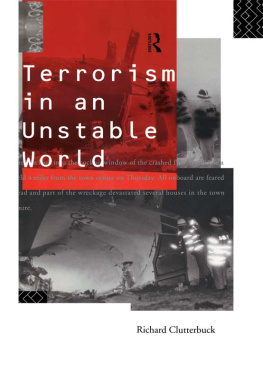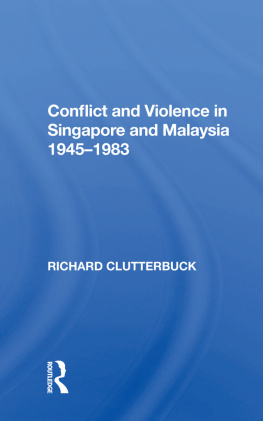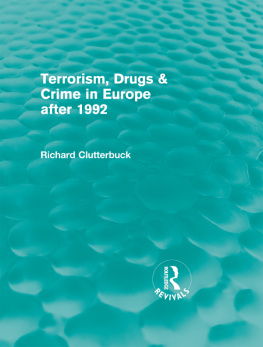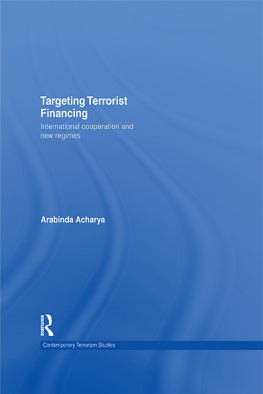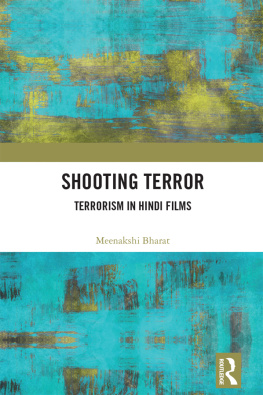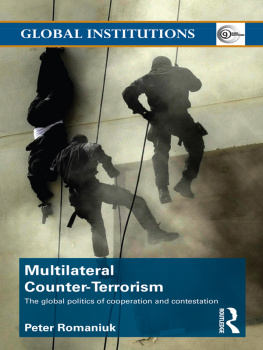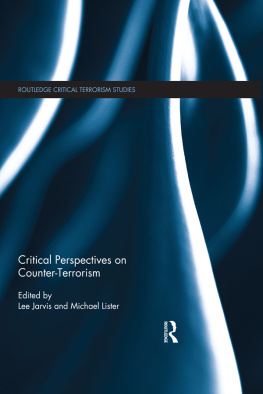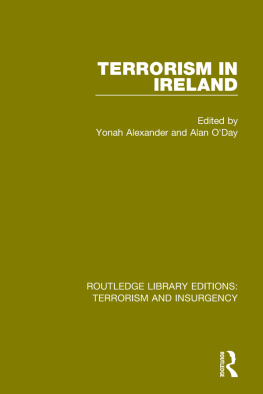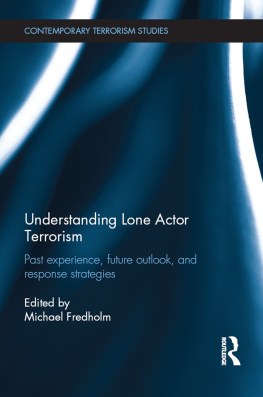Terrorism in an unstable world
Other books by the same author:
Across the River (as Richard Jocelyn) (1957) London: Constable.
The Long, Long War (1966) London: Cassell, and New York: Praeger.
Protest and the Urban Guerrilla (1973) London: Cassell, and New York: Abelard Schuman.
Riot and Revolution in Singapore and Malaya, 1948-63 (1973) London: Faber and Faber.
Living with Terrorism (1975) London: Faber and Faber, and New York: Arlington House.
Guerrillas and Terrorists, (1977) London: Faber and Faber, and (1980) Athens Ohio: Athens University Press.
Kidnap and Ransom (1977) London and Boston: Faber and Faber.
Britain in Agony (1978) London: Faber and Faber, and (1980) Harmondsworth: Penguin.
The Media and Political Violence (1981 and 1983) London: Macmillan, and New Jersey: Humanities Press.
Industrial Conflict and Democracy (1984) London: Macmillan.
Conflict and Violence in Singapore and Malaysia 1948-83 (1984) Boulder, Colorado: Westview Press, and (1985) Singapore: Graham Brash.
The Future of Political Violence (1986) London: Macmillan, and New York: St Martins Press.
Kidnap, Hijack and Extortion (1987) London: Macmillan, and New York: St Martin's Press.
Terrorism and Guerrilla Warfare (1990) London and New York: Routledge
Terrorism, Drugs and Crime in Europe after 1992 (1990) London and New York: Routledge.
International Crisis and Conflict (1993) London: Macmillan, and New York: St Martins Press.
Terrorism in an
unstable world
Richard Clutterbuck
First published 1994
by Routledge
2 Park Square, Milton Park, Abingdon, Oxon, OX14 4RN
Simultaneously published in the USA and Canada
by Routledge
270 Madison Ave, New York NY 10016
Transferred to Digital Printing 2006
1994 Richard Clutterbuck
Typeset in Times by
PontingGreen Publishing Services, Chesham, Bucks
All rights reserved. No part of this book may be reprinted or
reproduced or utilized in any form or by any electronic,
mechanical, or other means, now known or hereafter invented,
including photocopying and recording, or in any information
storage or retrieval system, without permission in writing from
the publishers.
British Library Cataloguing in Publication Data
A catalogue record for this book is available from the British Library.
Library of Congress Cataloging in Publication Data has been applied for.
ISBN 0415103401
Front cover photograph: Rob Taggart, Popperfoto/Reuter
Front cover design: Slaney hart Associates
Contents
Figures and tables
Figures
Tables
Preface
This book looks at how emerging technology can help us to cope with the explosion of regional conflict and terrorismespecially in the form of ethnic cleansingandof drug trafficking and other international crime, which has followed the end of the Cold War, and at how we can best organize the concerted military strength of east and west which is now available to keep the peace.
The revolutions of 198992 changed the world more fundamentally than any others since 1789. During the Cold War, regional conflicts were restrained by the superpowers because of their mutual fear of nuclear war. No longerandthere are even more people now suffering from terror and disruption of their lives, due to religious, nationalist, tribal and ethnic conflicts. Tactics and techniques have changed and these conflicts have become more cruel and vicious than ever.
In analysing the likeliest trouble spots for the future, I have described how their problems arose (e.g. in Bosnia, Cambodia, Somalia, Sudan, Northern and Southern Africa, the Middle East, Afghanistan, Central Asia, India, the Philippines, Colombia and Peru), and I have projected forward from their current situations. The worst troubles in the future may be in eastern Europe and the former Soviet states, and the consequent flood of refugees could also shake the stability of western Europe.
There are some very interesting technological developments coming on stream. I began studying the effects of technology on terrorism in 1981, when the British SAS Regiment asked me to introduce a study period on their likely tasks in the coming five or ten years. Since then I have written seven more books. Routledge have now asked me to apply what I have learned to the new and radically different range of conflicts.
Weapons have not changed all that much. The hand-held missiles now available to terrorists took shape in 1984. In automatic weapons, the developments have been in miniaturization and sights, including night vision and laser, rather than in range or rates of fire. Most of the current sophisticated bomb fuses were in use in 1984.
The encouraging thing is that advances in security technology have been far greater, especially in explosive detection by enhanced X-ray and vapour detectors. Detecting the vapour of Semtex is equivalent to detecting a glass of whisky in Loch Ness. Computer science offers growing scope for acquiring and processing intelligence and for identification and prevention of impersonation. These could help significantly in catching and convicting criminals, drug traffickers and terrorists, and in making airport check-in faster and more secure. I have described some pioneering experiments in progress at Amsterdam and Frankfurt airports. One problem will be to prevent abuse of this technology from eroding civil liberties.
This book is not science fiction. I am a layman writing for lay people. Since no one can be an expert in all these fields, I have tried to make each chapter self-contained and comprehensible to the non-professional. Electronics experts can skip my child's guide to computer development, but I hope that my basic explanations of the technologies of weapons, of detecting explosives and for preventing impersonation will be useful to them, and vice versa.
Saddam Hussein, among others, has reminded us that we cannot yet dismantle our armed forces: the Serbs have shown us the urgency of restructuring these forces for peacekeeping and peacemaking on a far wider scale than before. The UN Security Council can usually now take positive decisions without a veto, as it did in the Gulf and Cambodia, though less successfully over Bosnia. The UN, however, has a poor record of executive action, and its most successful peacemaking operations have been those delegated to a member country to organize on its behalf, as in Korea in 1950, Kuwait in 1990 and Somalia in 1992. Perhaps NATO should now act regularly as the UN's executive agency.
We shall need all that science and technology can give us to protect people from the arrogance of the warlords, the terrorists or the religious fanatics who wish to impose their ideology or develop their power; from the drug traffickers or criminals who will callously ruin the lives of others to get rich; or from the ethnic cleansers who terrorize the families of other communities into abandoning their homes; in other words, to stop people killing each other.
Richard Clutterbuck
Exeter
Abbreviations
For foreign acronyms and in other cases where it is judged to be more helpful to the reader, an English description (in parentheses) is given instead of spelling out the words.

